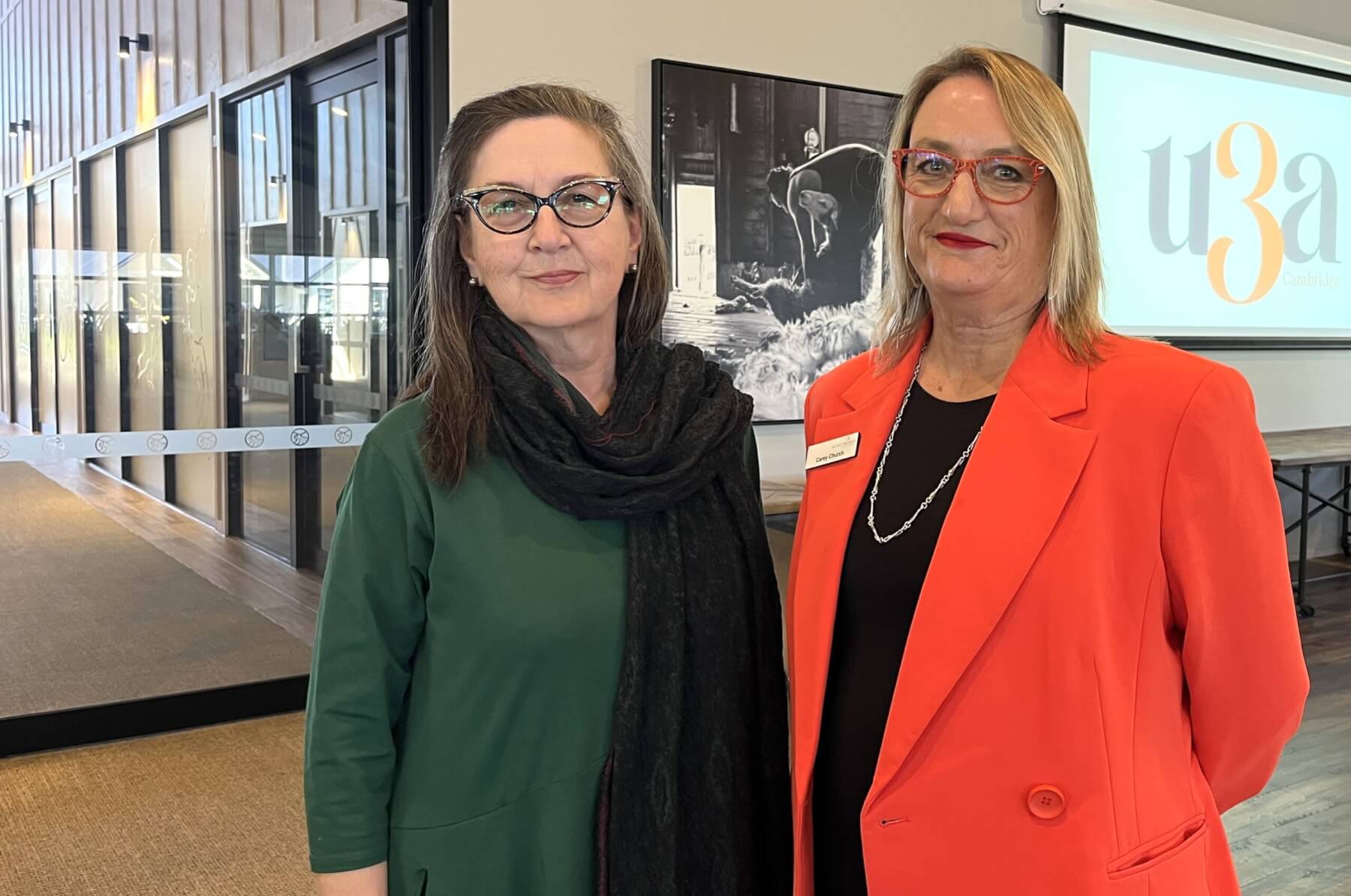Kiwis who believe that the sexual exploitation of minors doesn’t happen in New Zealand are kidding themselves.
It does happen here, says one expert on the topic, as does the commercial sexual exploitation of children, and people must accept that it exits if minors are to be protected.
That message was delivered at this month’s Cambridge U3A meeting. Speaking on the topic ‘Hidden in Plain Sight, the sexual exploitation of children’ was Jane Foster, a board member and former national director of Child Alert/Ecpat New Zealand, an organisation that upholds the rights of children to be free from all forms of commercial sexual exploitation.
“People find it difficult to accept that it happens in their communities, and maybe in their own family networks, but it is there, and in order to keep children and young people safe we need to accept that. New Zealand isn’t always a wonderful place for children.”
The commercial sexual exploitation of children – where someone under the age of 18 is used sexually by an adult in return for money or goods such as rent, food and the like – is also happening in New Zealand, she said.
“It is challenging to believe that, but it’s here. We need to keep our eyes open. Young people can be drawn into exploitation without recognising it as abuse … the lines between exploitation and reciprocity can be blurred. It can damage their understanding of what a healthy relationship should be.”
A major challenge today is the online sexual abuse of children, a problem made more acute because of the prevalence of smartphone use among a generation of ‘digital natives’ who form and maintain relationships via technology.
“Things have changed dramatically in the last 20 years,” she said. “A BBC research project showed that 91 percent of children have a smartphone by age 11. Children can stumble across images by accident… they are often targeted and groomed.”
Reporting dubious images can be done through official websites, she said, and although those websites are attracting hundreds of thousands of enquiries, Foster said the authorities are just ‘scratching the surface’ of the problem.
Young people needed to be better informed around issues such as the definition of consent and the risks involved in sharing images online, she said. There are no victimless crimes in any form of sexual exploitation of minors, and the resulting trauma can be lifelong.
Ecpat International, a global network of organisations working towards the elimination of sexual abuse and trafficking of children, started in the late 1980s in response to the rising incidence of sex tourism, predominantly in east Asia. When it became evident that residents of countries such as Scandinavia, Australia and New Zealand were involved, legislation was introduced to facilitate the prosecution of perpetrators in their country of origin if there was evidence of their crime. New Zealand has had that legislation for about 30 years.
Foster, whose grandfather arrived in Cambridge in the early 1900s and whose mother was born in the town, has travelled extensively delivering humanitarian and development programmes. She represents Child Alert/Ecpat New Zealand, talking to groups and running sessions on the topic of exploitation.










